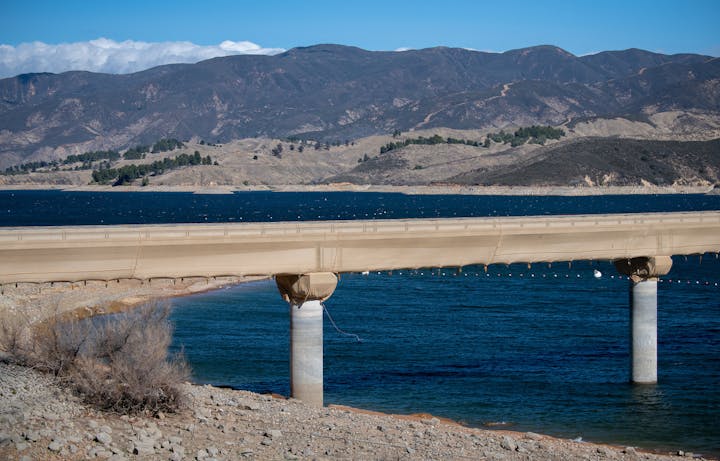Groundwater Trading Program: Potential Impacts and Benefits

Members of the California Water Commission, at their meeting on November 17, reviewed information discussed at two public workshops in late October regarding the concept of a groundwater trading program.
The nine-member Commission, comprised of seven experts in control, storage and beneficial use of water and two members specializing in environmental issues, met virtually through Zoom that day with Lisa Beutler, executive facilitator for Stantec. She gave commissioners a presentation on the virtual workshops conducted on October 28 with 129 participants and October 29 attended by 100 participants.
Workshop participants commented on potential impacts versus benefits they envisioned as the result of a groundwater trading program. They considered possible impacts to ecosystems, farms and communities as well as the opportunities for implementation of a groundwater trading program. Participants also focused on the appropriate position for the state to take in a groundwater trading market and the types of safeguards needed for water users.
The workshops also addressed varied opinions regarding transparency as opposed to confidentiality; customized trading programs versus standardized programs; and local control rather than state oversight.
Among participants from Groundwater Sustainability Agencies 24% hailed from Tulare County; 8% from Sacramento County; 5% from Los Angeles County; and 5% from Kern County.
A groundwater trading program was one of the concepts developed when the California Natural Resources Agency together with the California Environmental Protection Agency and the California Department of Food and Agriculture issued a final Water Resilience Portfolio in response to Gov. Gavin Newsom’s Executive Order seeking a “set of actions to meet California water needs through the 21st century.”
The portfolio highlights various actions intended to guide the state toward water resilience efforts, with one of the suggestions focusing on the flexibility for Groundwater Sustainability Agencies to trade water within basins by utilizing incentives while also enacting rules to safeguard the natural resources; small- and medium-size farms; and protecting water supplies and quality for disadvantaged communities.
Several features of groundwater trading markets that stakeholders and experts deemed essential include credible groundwater management governance; a goal for the trading program is to be articulated; accounting and allocations must be in place; an assurance that water for human health and safety is protected; trading rules must be spelled out and clarified; water use is measured through monitoring with mitigating impacts in place as well as consistent enforcement.
The Commission’s effort toward water trading will implement Goal One of that group’s Strategic Plan meant to “serve as a primary public forum for the discussion of improving water management policy to assist regions in achieving climate resiliency.”
Certain questions remain unanswered, according to the report. For instance, “How will water rights impact all of this?” and “How do we manage the surface and groundwater interrelationships?”

